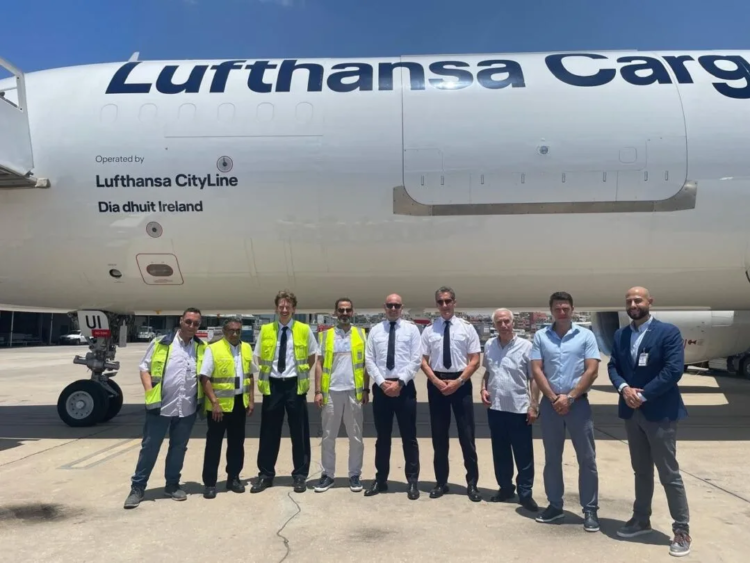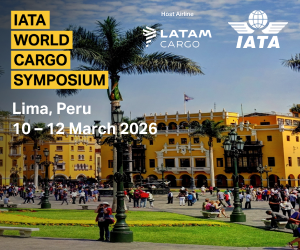The company also shared operational updates highlighting its role in supporting time-critical logistics.
Lufthansa Cargo announced at the transport logistic trade fair in Munich on 3 June 2025 that it has entered into a new partnership with ITA Airways, will expand its global belly capacity by nearly 20 per cent, and is adding Beirut to its A321 freighter network from July. The developments are part of its ongoing strategy to strengthen its international network, improve responsiveness to market demands, and support critical industries such as pharmaceuticals, semiconductors, automotive, and aviation. The cooperation with ITA Airways begins on 16 June 2025, with Lufthansa Cargo marketing and managing the belly cargo capacity of ITA on flights from São Paulo, Rio de Janeiro, and Buenos Aires to Rome. Rome will become Lufthansa Cargo’s fifth European hub, joining Frankfurt, Munich, Vienna, and Brussels.
Subject to regulatory approval, the carrier plans to take over the marketing of ITA Airways’ full continental and intercontinental network. This cooperation will increase Lufthansa Cargo’s total belly capacity by approximately 20 per cent, equivalent to adding three freighters to its fleet. “This will enable us to offer our customers even more flexible and reliable freight connections to and from Europe,” said Lufthansa Cargo CEO Ashwin Bhat. “At the same time, this partnership strengthens our ability to support global trade and our customers through expanded reach and shorter transit times.”
Lufthansa Cargo currently markets capacity on eight airlines in the Lufthansa Group and maintains an air freight network that covers more than 350 destinations with over 7,500 flights each week. On 3 July 2025, Lufthansa Cargo will add Beirut to its A321 freighter network, offering a weekly service on Thursdays under flight numbers LH8354 and LH8355 between Frankfurt and the Lebanese capital. This addition brings the carrier’s network in the Middle East and Africa to more than 50 destinations, supported by six freighter stations and additional belly capacity from Lufthansa Group airlines. The route is aimed at improving regional connectivity and supporting resilient supply chains.





